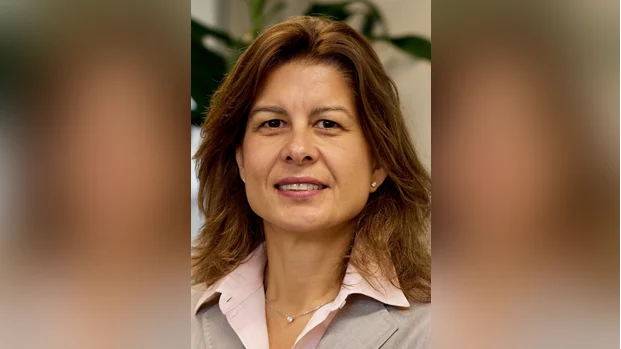An International Monetary Fund (IMF) team, led by Ms. Anastasia Guscina, concluded discussions with Surinamese authorities from October 29 to November 12, focusing on the 2024 Article IV consultation and the eighth review of the Extended Fund Facility (EFF). This arrangement was initially approved by the IMF's Executive Board in December 2021.
Ms. Guscina stated, "The IMF team reached a staff-level agreement with the authorities on the eighth review of Suriname’s economic reform program that is supported by the EFF arrangement." She noted that while all quantitative targets were met except for the primary fiscal balance target, corrective actions are being taken to meet year-end goals. Upon approval by the IMF's Executive Board and fulfillment of relevant policies, Suriname will access SDR 46.7 million (approximately USD 61.3 million), increasing total disbursements to SDR 383.8 million (about USD 503.8 million).
The commitment of Surinamese authorities to macroeconomic policies and reforms has resulted in projected economic growth of three percent this year and a steady decline in inflation. However, challenges remain due to capacity constraints and policy implementation issues amid a difficult socio-political environment.
The fiscal strategy for 2024-25 has been adjusted to accommodate unexpected needs against an improving medium-term debt outlook following an investment decision paving the way for offshore oil production starting in 2028. The end-September primary balance target was missed due to insufficient transfers from the electricity company EBS and increased social assistance spending.
Ms. Guscina emphasized protecting vulnerable populations remains a priority: "Protecting the poor and vulnerable remains high on the agenda." Efforts are ongoing to enhance social protection programs with development partners' support.
Debt restructuring progress includes agreements with official creditors and most commercial creditors, with negotiations continuing for others. An umbrella agreement with Paris Club members was signed in October.
Monetary policy remains restrictive to curb inflation as monitored by Suriname's Central Bank (CBvS), which is also working on foreign exchange market improvements through an electronic trading platform launch.
Banking system vulnerabilities are being addressed through recapitalization plans and monitoring capital adequacy, liquidity, and asset quality.
Structural reforms continue as part of strengthening institutions and governance frameworks in preparation for future oil wealth management: "The authorities need to push ahead with their ambitious structural reform agenda."
Meetings during this mission included discussions with key government officials, civil society organizations, private sector representatives, and development partners.

